The Middle East has seen important reforms concerning policies in dealing with domestic helpers. In Kuwait, the use of the word, ‘maid’ in advertisements and job postings is no longer allowed as per the Kuwaiti Ministry of Commerce.
READ ALSO: 10 Reasons Why Filipinos Choose to Work in the Middle East
The ministry explained that the purpose of this decision is to uphold the dignity of those expat workers, domestic workers, and the ones with similar status.
Kuwait Bans Use of ‘Maid’, ‘Servants’ in Hiring Adverts
The ministry also said that the use of phrases ‘to sell’, ‘to assign’, or ‘to buy’ will be replaced as ‘transfer of services’. Moreover, the word ‘maid’ or ‘servant’ will be replaced with ‘worker’, the Kuwait Times reported.
Another critical provision in the circular states that the use of personal data such as photos, residency, identity cards, and similar personal information about the worker is prohibited to be used in advertisements.
Earlier, Kuwait resumed the recruitment of Filipino domestic workers after it was put on a halt following the COVID-19 pandemic.
Meanwhile, Saudi Arabia, earlier, also published a circular banning the use of some terms and words in job advertisements.
Similarly, it said that the words “maid” and “servant” are no longer allowed to be used for marketing and advertising purposes.
Another positive move brought about by this circular is that these workers will not bear any financial burdens “under any circumstances” due to any changes in paperwork.
The Middle East wherein both Kuwait and Saudi Arabia belong, is one of the most popular regions where foreign workers go for employment, especially for blue-collar jobs. However, employment rights and benefits is an area wherein several governments in the region can still improve on.
READ NEXT: Now, Saudi-based Employers and Recruiters Should Not Use the Word ‘Maid’ in Job Adverts



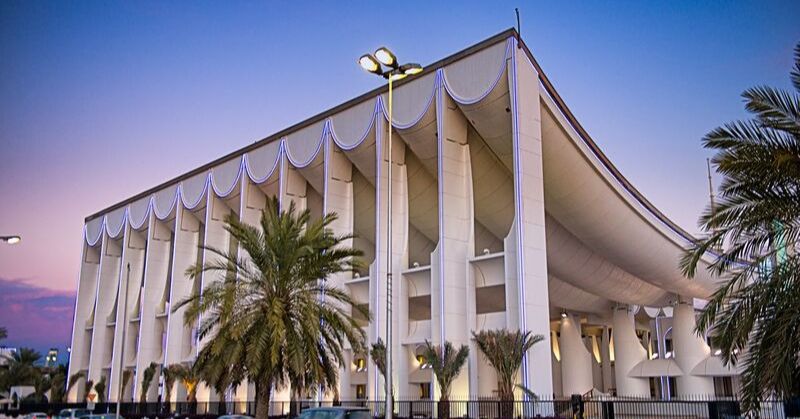
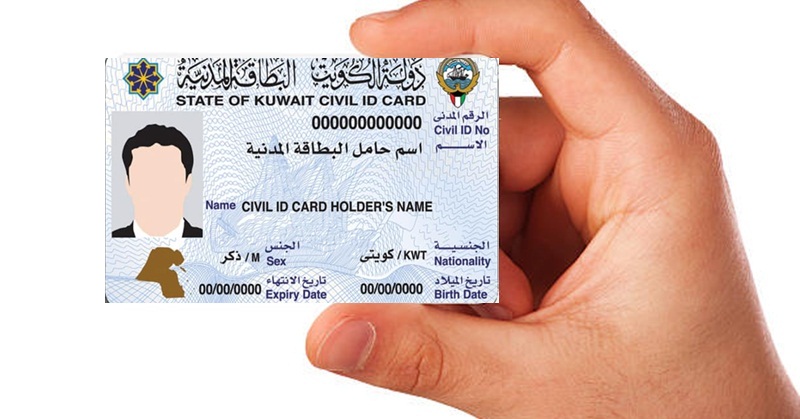


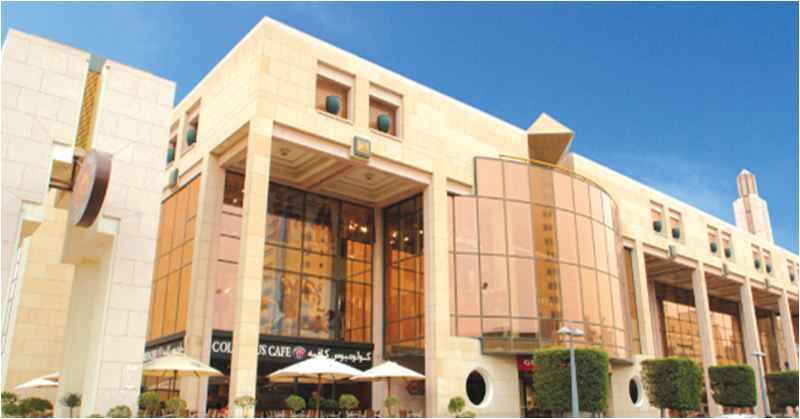

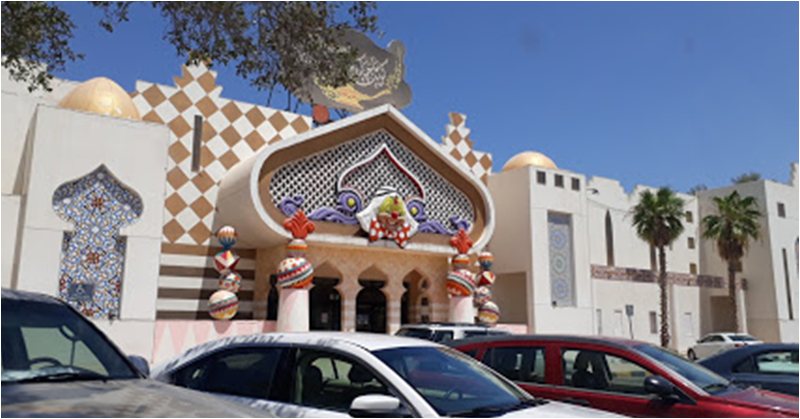
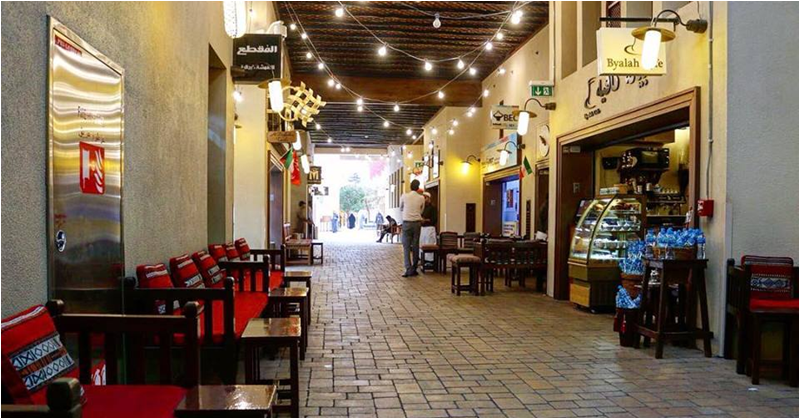

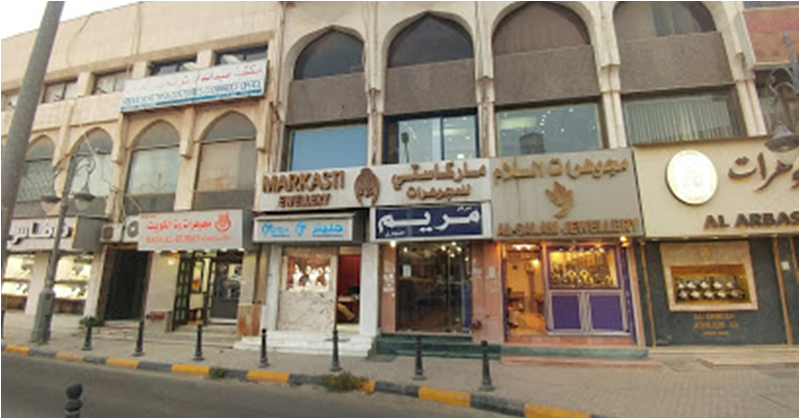

![[Guide] Applying for a Temporary Residence Visa Extension in Kuwait](https://middleeast247.com/wp-content/uploads/2019/05/temporary-residency-ext-visa-banner.png)
![[LABOUR LAW GUIDE] Understanding the Probation Period in Kuwait](https://middleeast247.com/wp-content/uploads/2019/05/probation-period-kuwait-banner.png)

![[Guide] How to Rent a Car in Kuwait](https://middleeast247.com/wp-content/uploads/2019/04/car-rental-kw-banner.png)